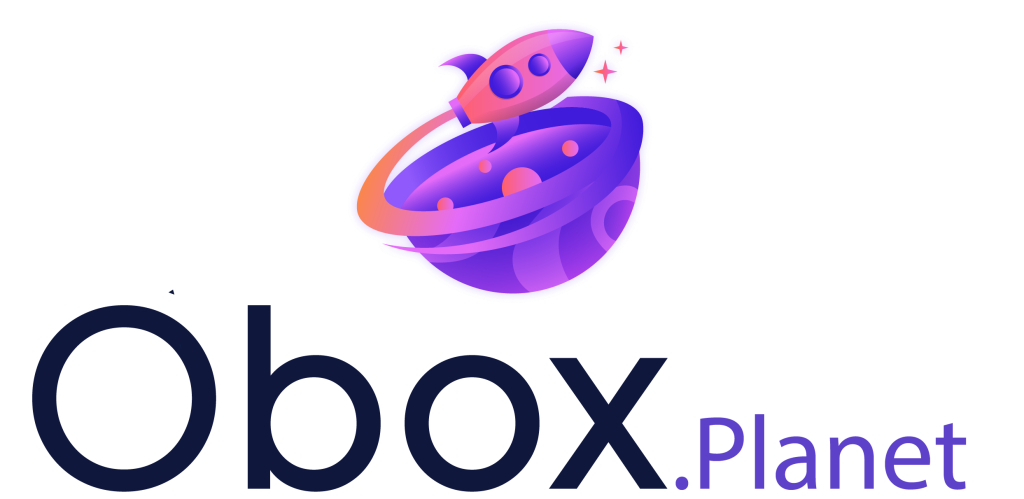Lab f2: Covid
Covid
Marco is an experienced traveller to the OboxPlanet. He conducted the interview on the planet with Dr. Dru, a disease-expert on the planet.
Marco: Dr. Dru, how do you handle contagious diseases on your planet?
Dr. Dru: It really started about a hundred years ago when we had a worldwide flu epidemic. The “killer flu,” as we call it now, took a horrible toll. Before then, there were some people who knew and cared about avoiding diseases, while others had little knowledge or interest. After the killer flu, everybody cared. We, the health providers, had an interest in exchanging information and research. Today, we keep track of what goes on where and update our world health map permanently.
Marco: Who pays for this?
Dr. Dru: The world disease map is provided by the Huan Disease Monitoring Center, a non-profit foundation originally sponsored by Mr. Huan, a wealthy businessman. It merely collects information on what is happening and where. It is up to local organizations to translate this information into usable danger level language.
Marco: How can these institutions judge the danger?
Dr. Dru: There is no objective criterion. There is some uncertainty in every disease and a huge spectrum of people’s risk tolerance. Some feel strong and don’t care, while others live to avoid any type of alleged danger. The challenge for information providers is to present today’s knowledge in a way that all types of people can use it.
Marco: And how do they do it?
Dr. Dru: Diseases have several variables: who gets it, how easily, and for whom it is dangerous. There are many research and information companies and foundations that compete for credibility and usability of their information.
Marco: How do people keep themselves updated and how interested are they?
Dr. Dru: Health is always at the top of the list of people’s interests in life. That’s why health tips and information are a significant part of the news. As far as contagious diseases are concerned, it depends on how close things are happening. Everybody wants to know about issues of direct concern, but few care about a disease happening far away.
Marco: So competing companies provide information and recommendations. Is there never any compulsion involved, like recommendations that people have to follow or face fines?
Dr. Dru: Nobody has the right to force others to act contrary to their wishes. Compulsion is only acceptable for defending yourself when your body or property rights are violated. Therefore, the question always boils down to: did I violate somebody else’s property?
Marco: Can you give an example?
Dr. Dru: People with dangerous diseases who expose themselves to others without their knowledge are committing an act of aggression, similar to hurting somebody by beating them up—or worse, depending on the disease. Another violation would be if I visit a restaurant that posts a sign saying “nobody with high body temperature allowed” while knowing that I have a fever. Of course, any property owner can make rules for using their property, like requiring a health certificate, a test, or proof of vaccination.
Marco: Thank you, Dr. Dru. It’s good to know that there are alternatives to the regime we experienced recently with the so-called Covid pandemic.

How was Covid handled on OboxPlanet? Like many other diseases before Covid, from flu epidemics to AIDS. People hear of the dangers and measures of some outbreak somewhere. As soon as it gets closer to their world and surroundings, they learn what could prevent an infection and start acting according to their personal judgment and risk-profile.
On OboxPlanet, all land and buildings are owned or rented by an individual or an organization. These owners-renters make rules and adjust them according to their liking. As hosts, they decide whom they invite and under what conditions. As guests, they decide whether or not the hosts rules are ok for them. Some people stay at home and wear gloves and masks, others live as before. Same with restaurants and transportation services.
On OboxPlanet, where everything is private, people are used to judge for themselves. They may collect information from experts and discuss their thoughts with friends and their doctor. But they know that the freedom to decide freely carries the logical consequence of self-responsibility as the flipside of the same coin.
What was the difference, concretely, in the case of Covid? Without the WHO and state health services and state media outlets, Covid never really got more attention than many aggressive flu seasons before. If we think that the virus was developed in a state lab, the virus would have never been developed on he OboxPlanet to start with.
To quote Hans Hermann Hoppe:
“In short, Covid would not have occurred as a pandemic. The actual risk of infection posed by the coronavirus is so low that most people would not have perceived it as such. In fact, the total number of deaths in Germany, Austria or Switzerland in 2020 has not increased dramatically at all and the probability of surviving a coronavirus infection is, according to the politically unsuspicious Center for Disease Control (CDC), extremely high for all age groups.
More generally, in terms of risk assessment of an infectious disease, there is no single, definitive, unambiguous scientific answer. And the best – least expensive and most efficient – way to minimize harm is to decentralize decisionmaking.
In a private-law society, all land, houses, roads, factories, etc. are privately owned. As far as dealing with a pandemic, it is simply a question of “who do I let in and who do I exclude?” or “who do I go to and who do I stay away from.”
Based on their own risk assessment of an infectious disease, every private owner or owners’ association has to decide to whom do I allow access to my property, when and under what conditions? And this decision can and will include preventive measures, especially in the case of commercially used property (e.g. cinemas, offices, restaurants).
The result is a complex web of access and visitation rules.”
From Hoppe Unplugged

What experiences on Earth, past and present, help us understand life on the OboxPlanet?
We probably all agree: Covid was a ”first in human history” event in the sense that never have so many states worldwide enacted such drastic measures in coordination. And most of us will agree: things have not all gone according to plan. What lessons can we learn and how do they compare to what we expect to happen on the stateless OboxPlanet with the outbreak of a highly contageous disease?
When state plans do not go according to plan, there are two possible lessons that can be drawn. The state-apologists will say: we didn’t to enough. .We need more money, more power, more restrictions. In Pandemics, we need to isolate people even more and we need to vaxinate everybody, with whatever measures it takes.
To take this position seriously, the evidence would have to be much more compelling. Fact is, there are no glaring, overwhelming differences between societies with very strict measures (Australia, China, Israel) to those who had few to no mandatory measures (Sweden, Belarus, Tanzania). For those who want more power without powerful reasons, we really have nothing to say.
The other lesson is to ask oneself: what worked, what didn’t? What has worked in similar situations in the past?
Once again, returning to the oppressive and the laissez-faire examples during Covid, the lesson next time should be: since we have no certainty, let people decide for themselves.
We can draw parallels to other infections, the frequent flu seasons. Some people feel more volunerable or afraid, others are predisposed to take more chances in life. Some have personal experiences, others are barely aware the flu season has arrived. Some take shots and wear masks, others don’t change their ways.
And then there was AIDS. Initially, this was considered a death sentence and its spread was unknown. Some people took extreme precautions but freedom let people compare different behaviours, the discovery process was quick and within short, people knew pretty accurately about what behaviour had what risks and started adjusting according to their personal judgments.

Now it’s your turn.
How would you have behaved if there had been no state mandates during Covid?
Things we could learn and implement from the OboxPlanet:
Give people the freedom to act according to their personal risk judgments. Let private property owners make their own rules and for public facilities like schools and public buildings, let the local authorities decide, decentralize decisionmaking to the lowest possible stage.

